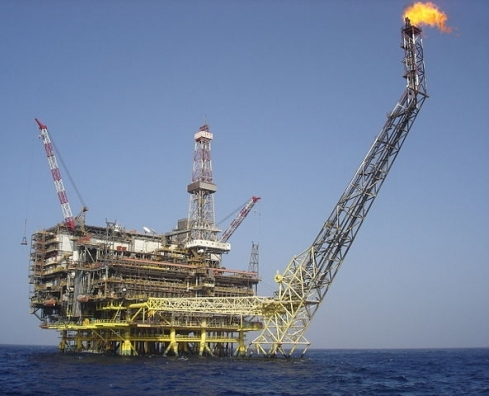In the latest issue brief from the Atlantic Council’s Rafik Hariri Center, authors Mohsin Khan and Karim Mezran evaluate the Libyan economy and progress since popular uprisings in February 2011 and the eventual ouster of the Muammar Qaddafi regime.
Virtually all economic activity, especially oil production (the mainstay of the Libyan economy) witnessed a dramatic decline in 2011. While there was some recovery in 2012 when the war ended and oil production came back faster than expected, the economy has not yet reached a point of sustained longer term economic growth. In fact, by 2013 the economy has only just got back to what it was prior to the uprising.
To date, the interim government has not formulated an economic vision or plan, and has paid only lip service to economic policies and reforms as politics continue to override economics. Questions remain as to how the Libyan economy will look in the future, and it behooves the current government to begin laying the groundwork by developing a comprehensive reform blueprint for the next government, which will necessarily have to focus on the economy.
To that end Khan and Mezran, both senior fellows at the Rafik Hariri Center, set out three long-term priorities to transform Libya into a market-oriented Libyan economy:
- Diversify the economy through the expansion of the private non-oil sector (e.g. the services and tourism industries), requiring major changes in the legal framework, labor laws, and business regulations.
- Reduce youth unemployment with the expansion of education and vocational training opportunities for the Libyan workforce, and to transform an employment culture in which Libyans feel entitled to public sector jobs.
- Develop a modern financial system equipped to support the private sector, particularly providing credit to small and media-sized enterprises and startups, as well as further privatization of banks, reducing the role of state-owned Specialized Credit Institutions, and allowing the entry of foreign banks.
In addition, they argue short and medium-term measures are essential to boost economic growth, private sector investment, and foreign direct investment suggesting the creation of a central infrastructure fund to finance improvement projects—notably roads, railways, housing, telecommunication, airports, and seaports.
The Atlantic Council’s Rafik Hariri Center for the Middle East brings North American and European voices together with experts from the Middle East, fostering a policy relevant dialogue about the future of the region at a historic moment of political transformation. The Hariri Center provides objective analysis and innovative policy recommendations regarding political, economic, and social change in the Arab countries, and creates communities of influence around critical issues.
Image: An ENI oil platform off Libya's coast in the Bouri Field (Photo: Wikimedia/Cipiota/CC License)
